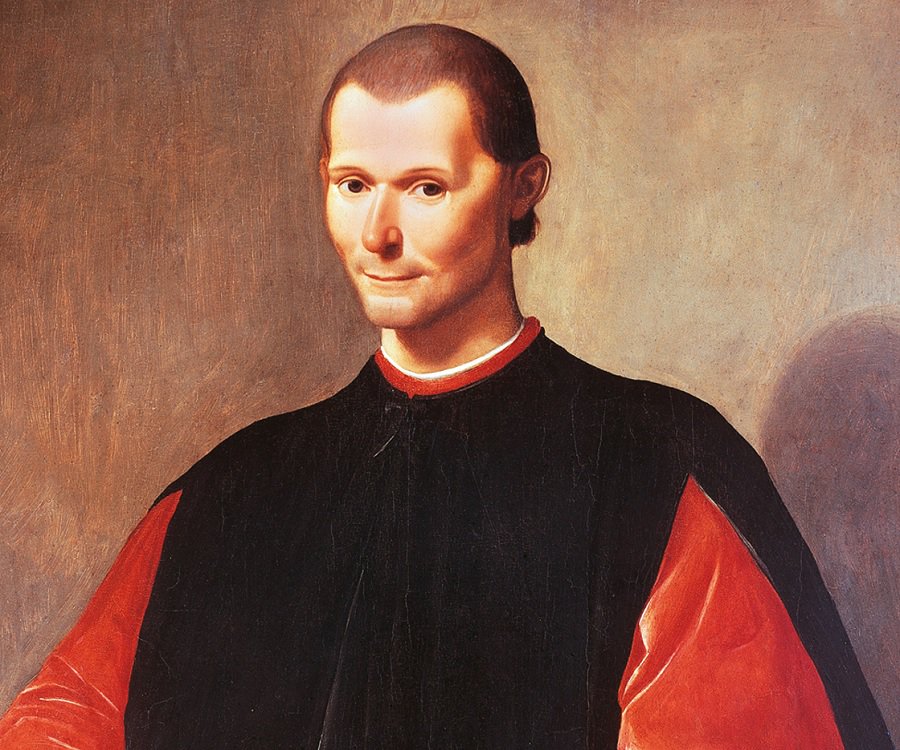a word derived from the name of a real, fictional or mythical character or person after whom a discovery, invention, place, etc., is named or thought to be named.
Eponyms are one of the most fascinating examples of how the English language gains new words. In this article we take a colourful look at the phenomenon that is the eponym gathering together the stories of the people behind the words that have passed into our everyday vocabulary.
 TITCHY
TITCHY
titchy ~ adjective : very small
This can be an unpleasant word as it is usually used to describe somebody of a small stature, but the original ‘titch’ was not small at all. The Titchborne Claimant, Arthur Orton (1834-98), submitted a legal claim to be recognised as Sir Roger Titchborne, the heir to one of England’s richest fortunes. He lost, was exposed as an impostor, and served 10 years in prison for his crime.
Orton was not minuscule – indeed, he was obese- but, for a joke, Harry Relph (1867-1928), a famous English music hall comedian who was just 4ft 6in or 1.37m tall, took his stage name, Little Tich, from the Claimant, and the great British public made the word stick.
 PLATONIC
PLATONIC
platonic ~ adjective : (of love or friendship) intimate and affectionate but not sexual
Refers to the Ancient Greek philosopher Plato (c.452-347 BC) who was the pupil of Socrates in Athens who recorded his master’s sayings and wrote about his trial and death. Plato himself became a great philosopher in his own right, and taught Aristotle, the three of them forming the great triumvirate who effectively invented western philosophy.
Platonic philosophy very much centred on his theories of realism, while politically he outlined an ideal city ruled by a benevolent philosopher despot in his book “The Republic” . Platonic relationships are so called because Plato outlined just such a form of love in his work Symposium, one of his Dialogues. The original meaning of a love inspired by spirituality nowadays sees ‘Platonic’ meaning sexless.
 MAUDLIN
MAUDLIN
maudlin ~ adjective : self-pityingly or tearfully sentimental
Mary Magdelene, as one of Christ’s followers is one of the more interesting people in the Bible. It was she who first encountered the risen Christ, and possibly for that reason she has always been of fascination to scholars and artists alike. The New Testament records Mary Magdalene cried and was sorry, and so being tearful and contrite came to be Magdelene-like, with the English pronunciation of her name eventually being rendered as it is spelled phonetically.
 MACHIAVELLIAN
MACHIAVELLIAN
machiavellian ~ adjective : cunning, scheming, and unscrupulous, especially in politics
‘Machiavellian’ is one eponym which entirely fits the person whose name it bears.
Niccolò di Bernardo dei Machiavelli was an Italian diplomat, politician, historian, philosopher and writer in the Renaissance period. When you read his works, particularly ‘The Prince’, you see what a thoroughgoing advocate of chicanery he really was. His political philosophy advocated rule by a not-so-benign dictator whose dictum should always be :
‘it is much safer to be feared than loved’
For Machiavelli, expediency was everything, and scruples were to be retained only as far as it assisted the maintenance of a ruler’s good image. Cruelty was to be a prince’s stock in trade. He once wrote that ‘force and prudence’ were the qualities of good government. Genuine compassion? True mercy? They were for weak fools.





